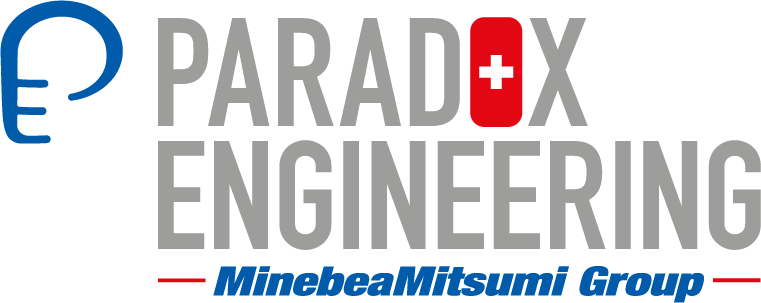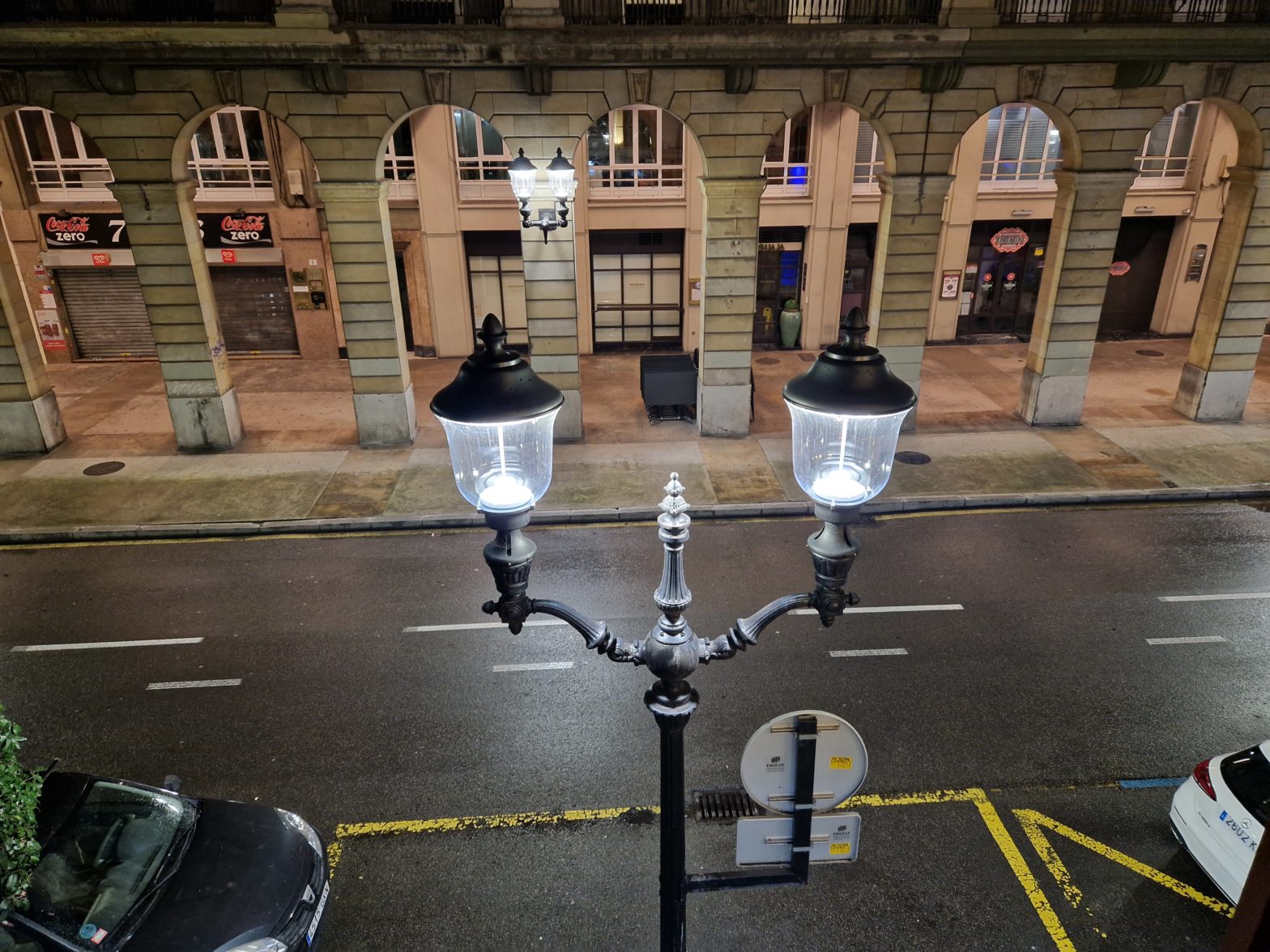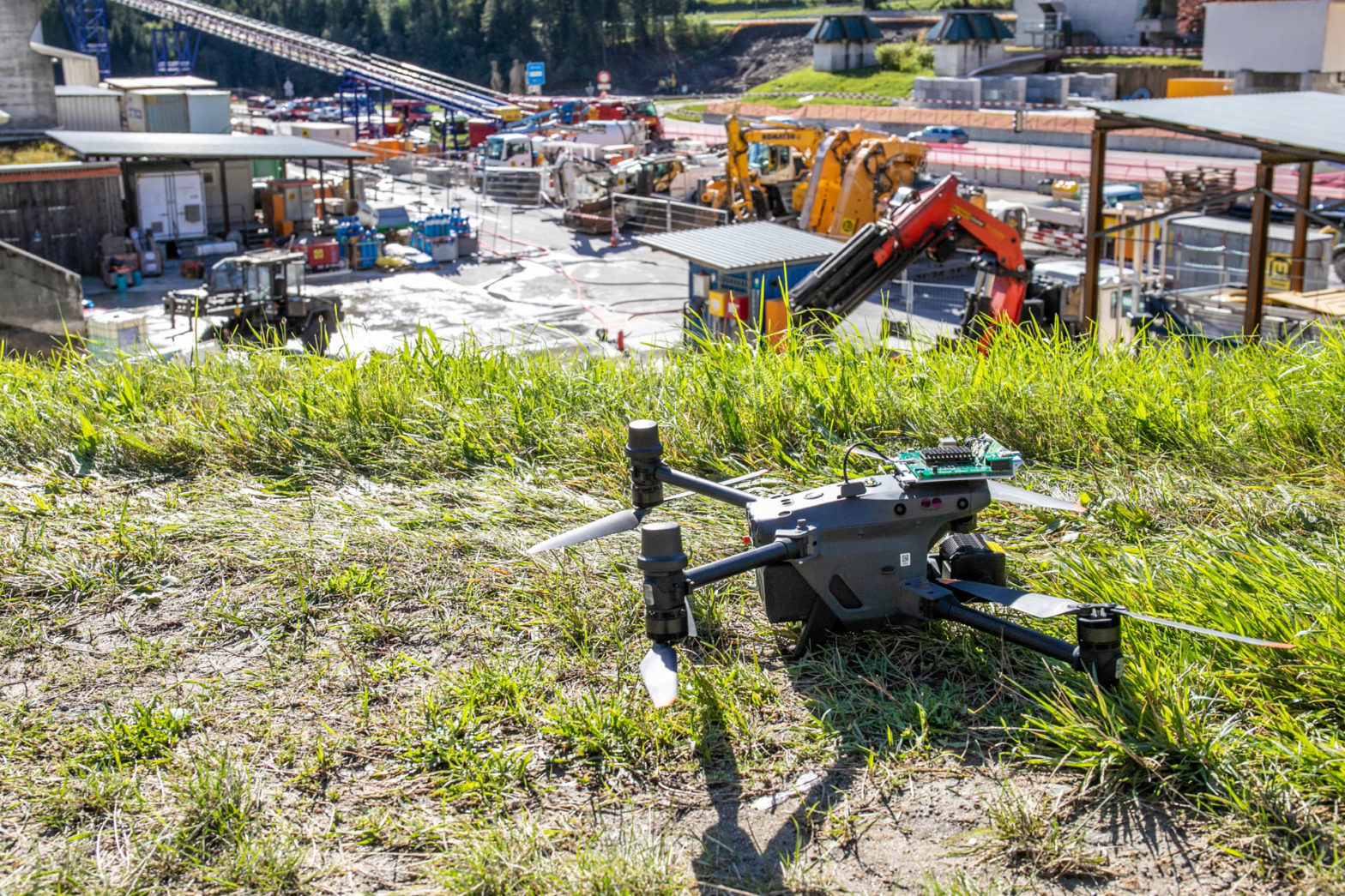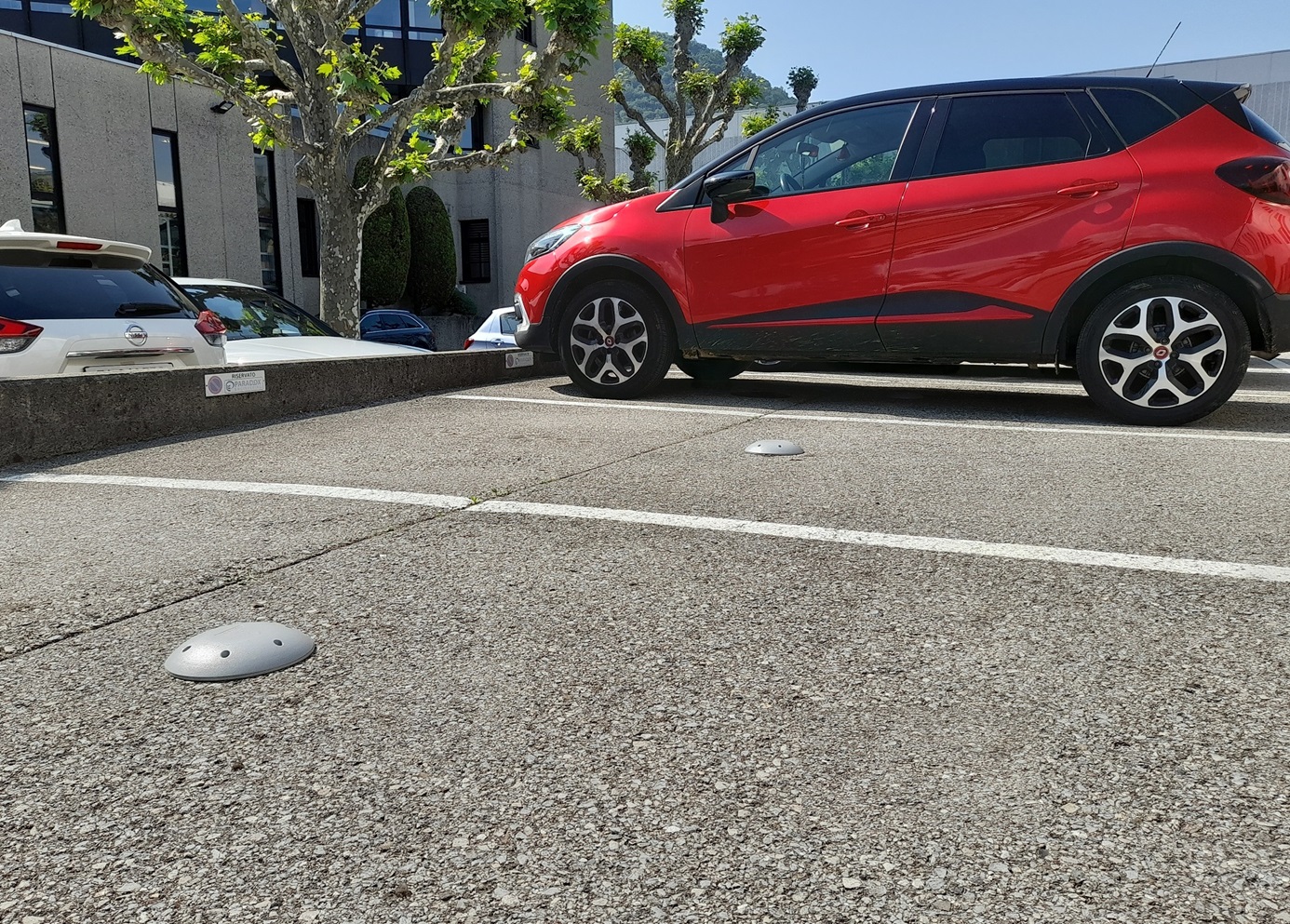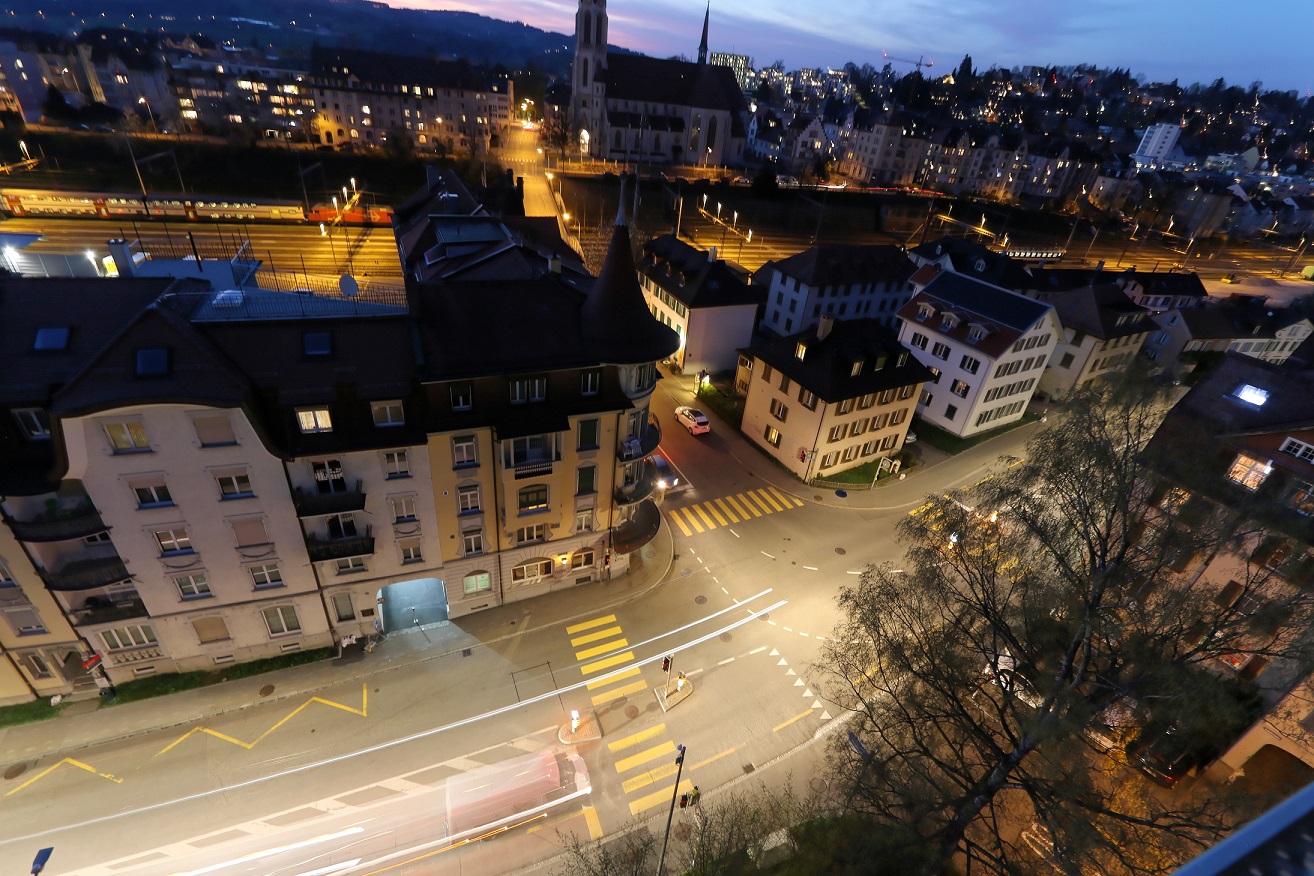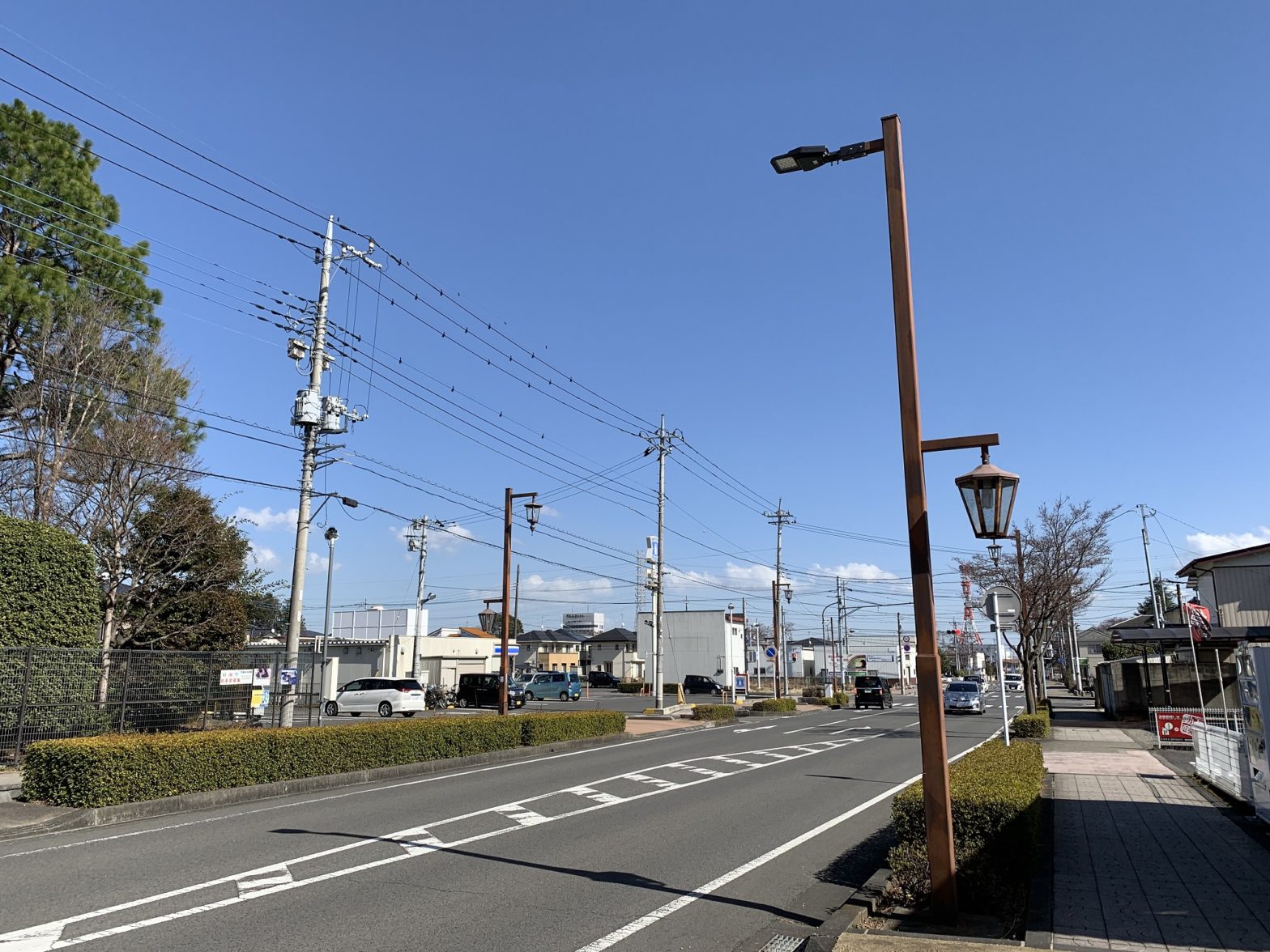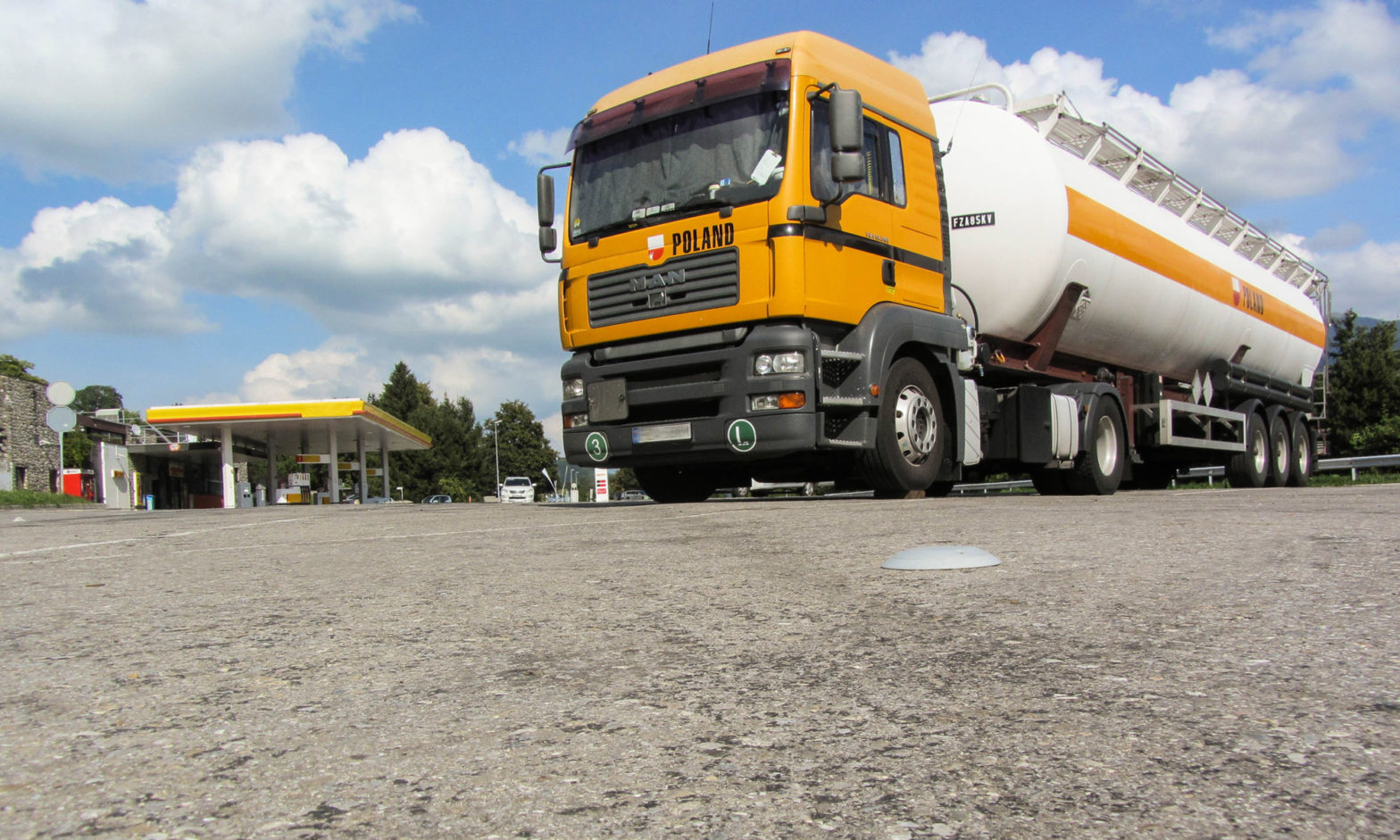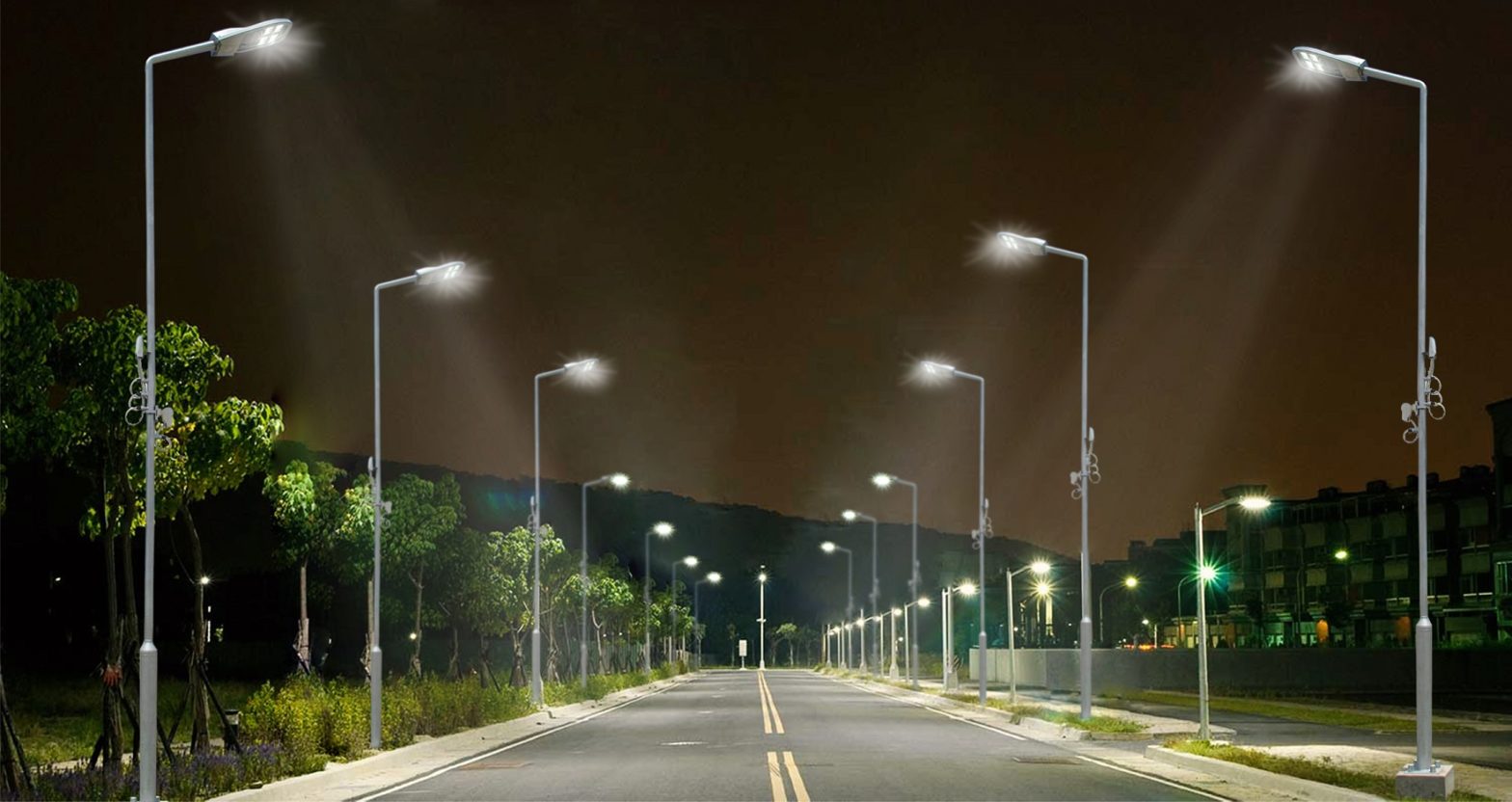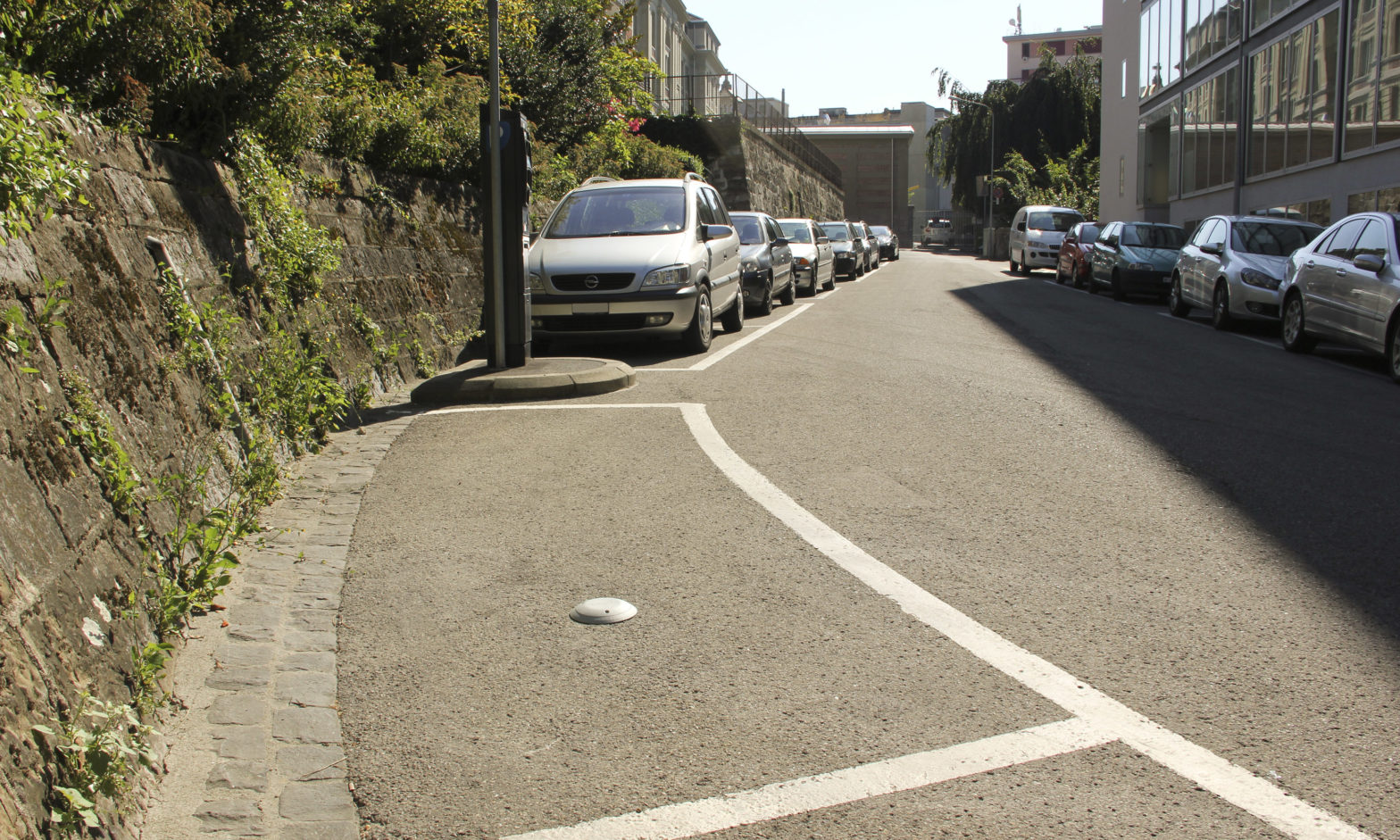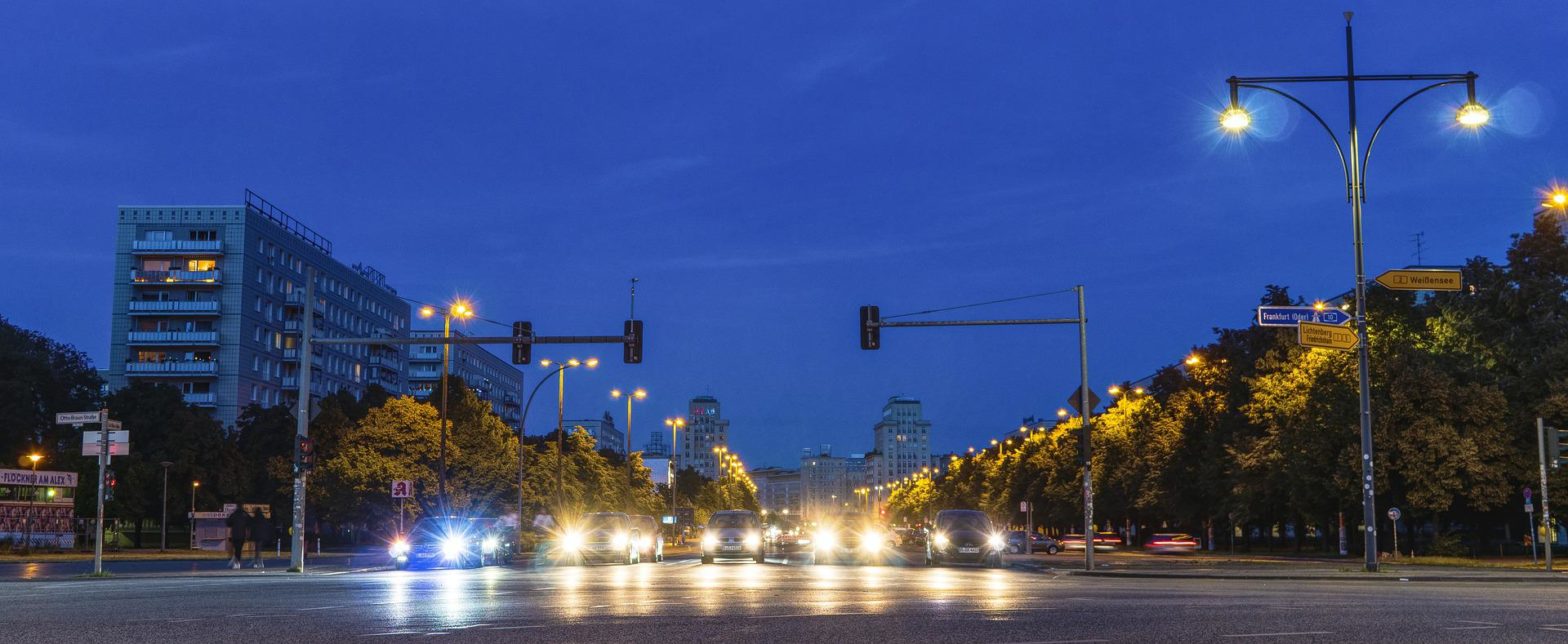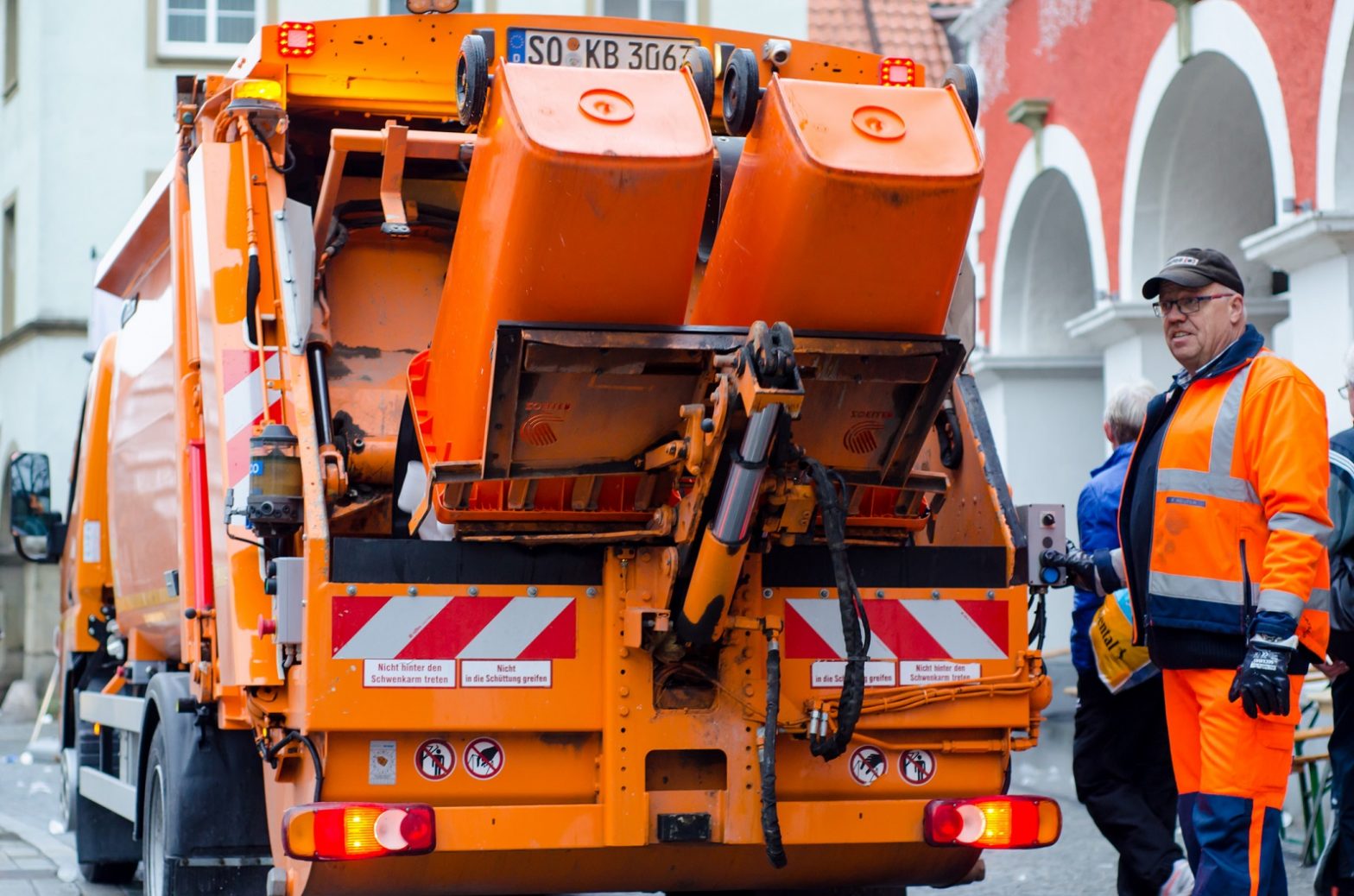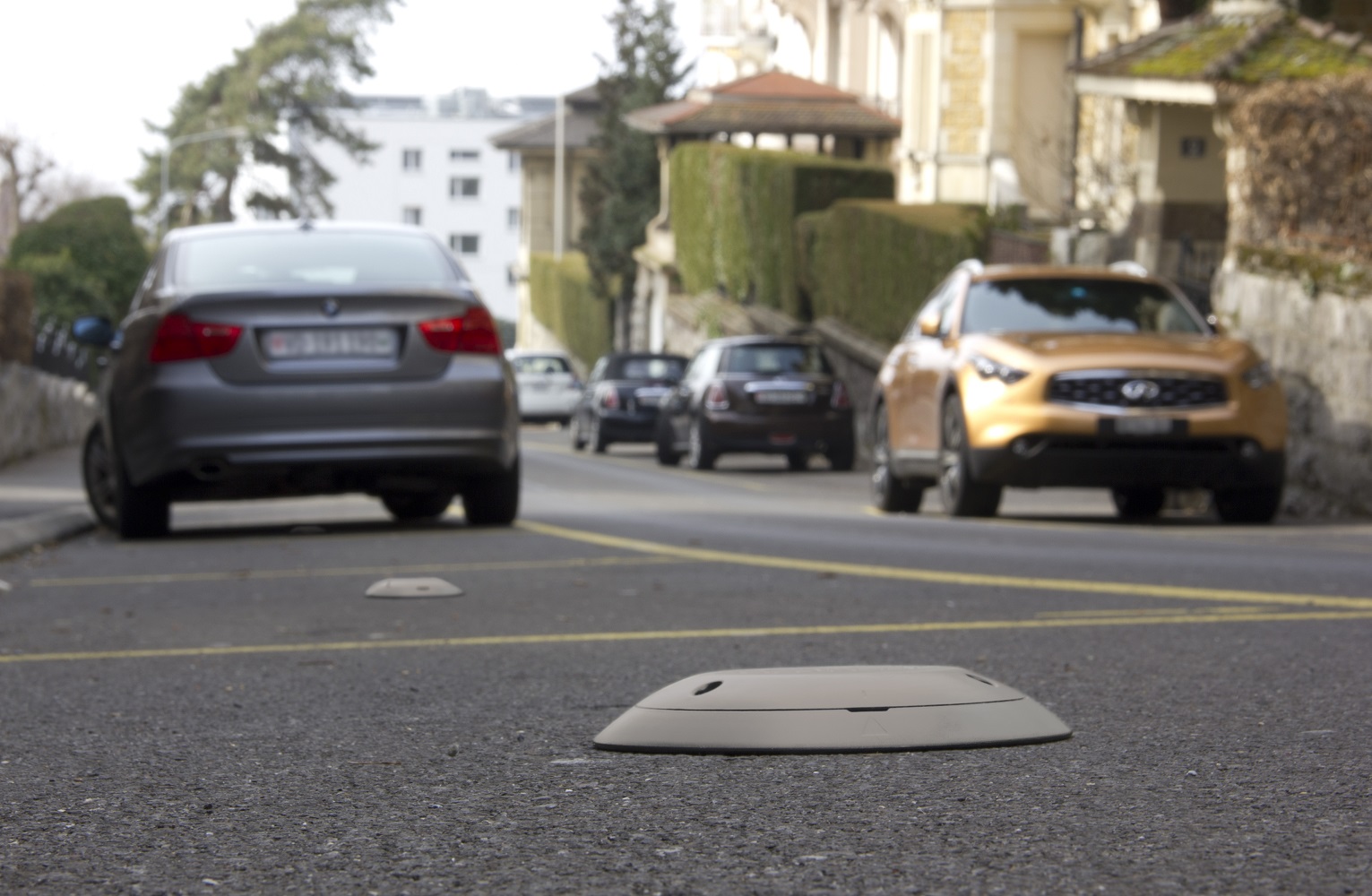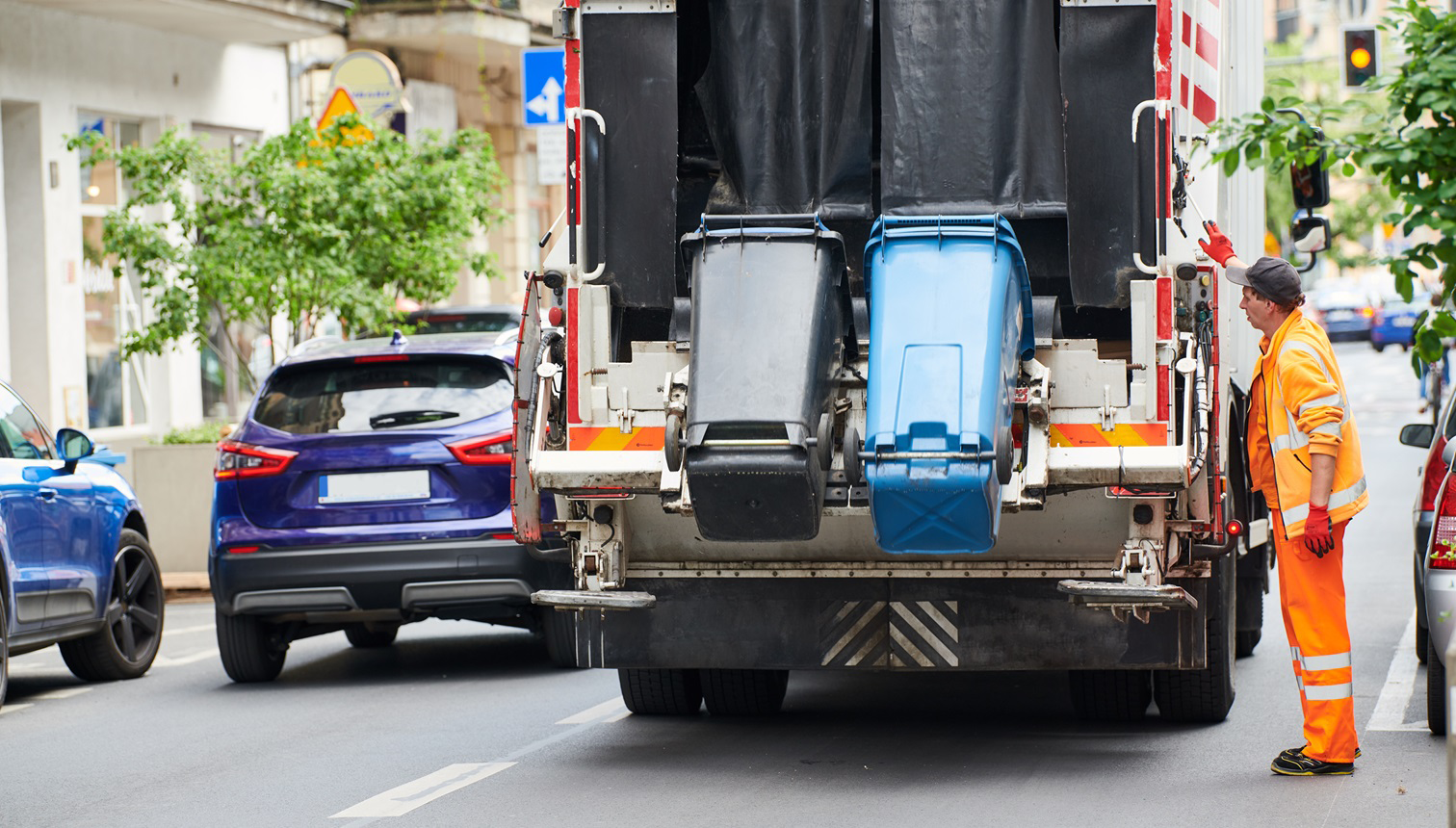
Photo: AdobeStock_517643283_waste
A data-driven approach for municipal waste management
01 December 2023
Over 2 billion tons of garbage are produced globally every year and at least 33 percent of that – according to conservative estimates by the World Bank – is not disposed of in an environmentally safe manner. The problem directly challenges cities, as many local governments are responsible and accountable for waste collection and management.
In Europe, many cities are struggling to improve trash collection and make streets and districts cleaner. The call to increase waste recycling and promote the circular economy is also getting more intense. As for the European Green Deal’s sustainability goals, EU member countries committed to recycling at least 55 percent of municipal waste and 65 percent of total packaging waste by 2025. While some countries including Italy, Germany, Czechia, and Denmark are well on track to meet those goals, a recent assessment by the European Environment Agency highlighted that 18 member states out of 27 are at risk of missing one or both of them.
The Agency pointed out that improving recycling rates requires a consistent combination of several measures, from landfill taxes or landfill bans to convenient separation systems accompanied with good information to citizens. Municipal waste collection is also mentioned as a key area to be improved.
But how can cities and local authorities take action if they don’t have up-to-date data on the waste their inhabitants produce? Understanding how much waste is generated — especially during times of rapid urbanisation and population growth — as well as the types of waste being generated, is an essential step for any effective waste management and recycling policy.
Smart sensors for intelligent predictions
Waste data allows cities to define more efficient routes for municipal waste collection, set targets for trash separation, track progress and adapt as waste generation patterns change. In the mid- and long-term, local governments can adjust budget and resource allocation, select technologies and partners, and integrate waste policies in wider sustainability programmes.
Smart waste systems stand out as easy and effective systems for any city willing to enhance municipal garbage collection and recycling. Swiss technology company Paradox Engineering introduced an innovative solution based on the Internet of Things: existing or new bins are equipped with smart 6LoWPAN sensors to collect data about the level of filling, and the date and time of the latest waste emptying. The information is sent over a secure urban network to the central management system (Smart CMS), enabling city operators to have a granular view of bin status in real time.
Based on historical data provided by the sensors, Paradox Engineering’s solution predicts bin filling levels. The intelligent routing software correlates data including types of containers, their locations and ownership details, sorting centres, truck fleet operation history as well as maps and traffic, dynamic routing, and weather information. This allows trucks to be dispatched when the bins are close to full or when the city prefers, following an optimised routing. Smart CMS also generates alerts in case of fire, vandalism, or unauthorised movements of trash containers.
Real-life cases have proved that this solution can reduce waste collection costs by up to 30 percent thanks to improved route-planning and scheduling for trucks. Decreasing the number of truck rolls and their mileage also mitigates the fleet carbon footprint and urban congestion. City managers can even better plan their resources by assessing the appropriate truck fleet and equipment for handling the expected waste volumes and analyse filling patterns to take informed decisions about the quantity, capacity and location of containers.
Waste-related information makes the difference in improving the quality of collection services, but also contributes to the achievement of waste recycling targets and the creation of more attractive and liveable cities.
About Paradox Engineering
Established in 2005 and headquartered in Switzerland, Paradox Engineering is the Internet of Things (IoT) Excellence Centre of MinebeaMitsumi Group. The company pioneers technologies to implement highly scalable IoT network solutions, from edge devices to management platforms, to control critical public services such as streetlighting, parking management, municipal waste collection, and environmental monitoring. Thanks to intelligent technology solutions, Paradox Engineering strives to unleash opportunities for people and communities, helping the transition towards more liveable, sustainable, and smarter cities.
For further information, please visit https://www.pdxeng.ch



